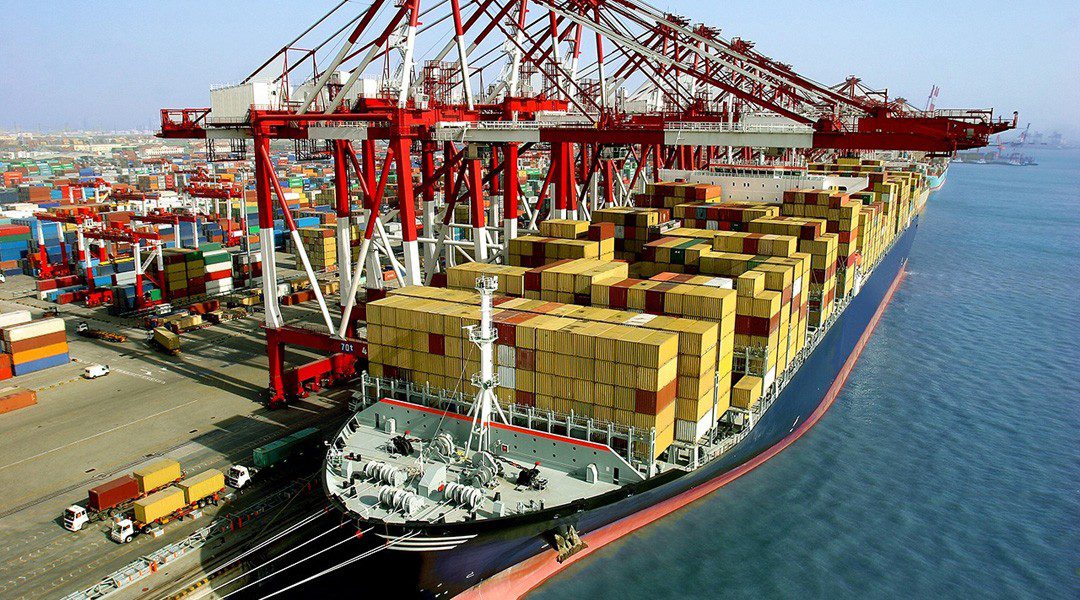Norwegian energy companies are likely to conclude more long-term gas contracts as European customers seek secure and stable supplies, the country’s Prime Minister Jonas Gahr Stoere told Reuters on Tuesday.
Currently most Norwegian gas is traded on the short-term physical market, rather than via bilateral contracts between suppliers and customers based on certain volume, length and price criteria.
Norway has this year overtaken Russia as Europe’s biggest gas supplier, with state-controlled Equinor the top exporter, after Russia’s Gazprom cut off much of the gas, sold through long-term deals, on which Europe previously depended.
“It looks like there will be more of those, more agreement for such (long-term) deals,” Stoere said in an interview, speaking a day after the EU agreed a price cap on the gas it buys.
Equinor on Tuesday reiterated it expected no substantial impact from the EU’s decision on its activities. The price cap would be unlikely to affect long-term deals.
“All things being equal, we expect that yesterday’s decision will not impact our gas production and gas exports in a significant way,” a company spokesperson said.
“We cannot speculate on whether more or less gas will flow to different pipeline exit terminals. We will continue to be a reliable and stable supplier of gas to Europe, also with upcoming and future measures taken by the EU.”
The prime minister said he did not expect more Norwegian liquefied natural gas (LNG) to be exported outside Europe as a result of the price cap. Equinor has one LNG export terminal, known as Melkoeya.
“Norway has increased gas production by 8% this year, about half of it comes from Melkoeya, and nearly all of it has gone to Europe. I don’t see that will change,” Stoere said.
“Norway does not benefit from high and unstable gas prices in Europe,” he added. “It affects our power prices and it is a challenge for our households and companies, and me politically.”
While the Norwegian state has benefited from record energy revenues, it has also experienced higher electricity prices since it trades power with countries that use gas in their energy mix, such as Germany and Britain.
That is causing higher bills for households, the country’s energy-intensive industries outside the energy sector, and record-high unpopularity for Stoere and his party, Labour.
One poll out on Tuesday had Labour with just 14% of support from voters.






